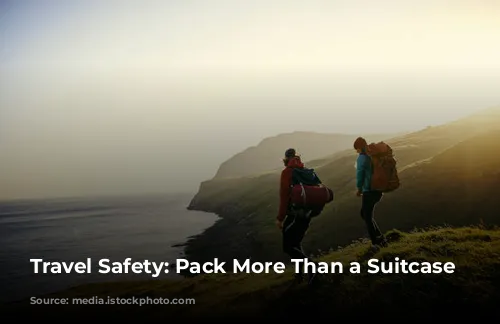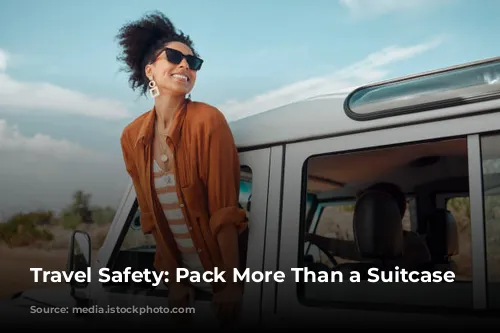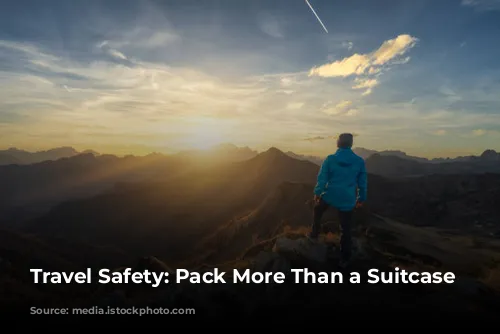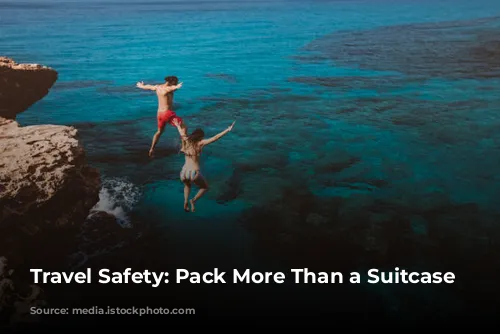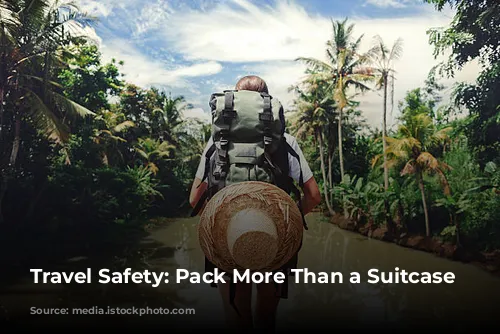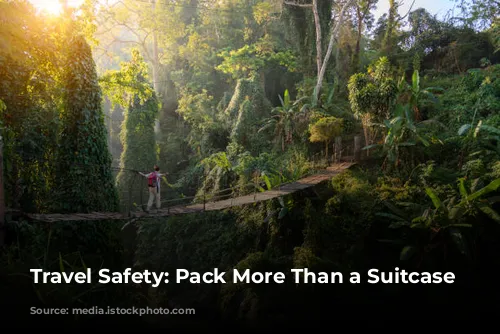The world is starting to open up for travel, and many international borders are welcoming back U.S. residents. Especially if you’re fully vaccinated, you’re probably itching to explore. But before you pack your bags, make sure you’re prepared for a safe and enjoyable journey.
The world is still grappling with COVID-19, and even though we’re slowly returning to normalcy, it’s crucial to stay vigilant. It’s not just about catching the virus, either. Beyond COVID-19, there are travel hazards that affect everyone, including dangers specifically targeting LGBTQ+ travelers. The National LGBT Media Association has put together some valuable advice and resources to ensure you’re prepared for any situation.
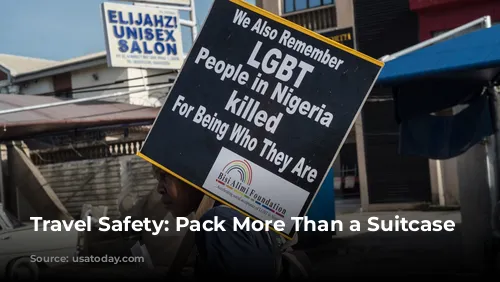
Get Covered: Insurance for Your Trip
Before you book that plane ticket, cruise, or hotel, secure travel insurance. This is more important now than ever. Make sure your policy covers COVID-19-related incidents, including hospitalization and trip cancellations. Since the pandemic began, many people discovered that their pre-existing insurance policies didn’t provide sufficient coverage.
There are plenty of reputable insurance options available. Allianz, for example, has added COVID-19 benefits to some of their policies. Seven Corners is an LGBTQ-friendly company that offers comprehensive coverage for individuals and couples. They even provide support if a medical evacuation is needed.
Don’t forget to check your homeowners insurance. It may provide coverage for your belongings if they’re damaged or stolen during your travels.
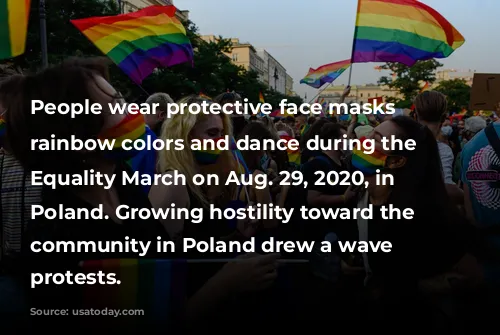
Stay Connected: Track Your Devices
Technology can be your best friend while traveling. Activate the geolocation features on your phone, iPad, and laptop. If your phone is ever stolen, you’ll be able to track its location and deactivate the device.
Speaking of technology, Apple’s new AirTag can be a lifesaver for tracking lost luggage. Unfortunately, it’s common for airlines to remove bags from flights due to weight or fuel constraints. While airlines won’t always admit to losing your baggage, an AirTag can help you locate it.
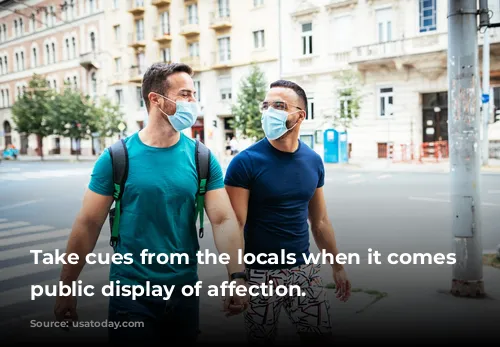
Know the Rules: LGBTQ+ Laws and Safety
Homosexuality is still illegal and even punishable by death in certain parts of the world. This is a reality for many LGBTQ+ individuals, and it’s crucial to be informed.
Be aware of local laws before you travel. The U.S. State Department provides a valuable resource page for LGBTQ+ travelers, including safety tips and embassy contact information. Organizations like Human Rights Watch and Asher & Lyric also offer valuable resources on LGBTQ+ travel safety.
Think twice about spending money in places that are inhospitable to LGBTQ+ people. Even if a country has a vibrant LGBTQ+ community, it’s important to consider the broader political climate. Traveling to these places can be a form of activism, but it’s also crucial to be mindful of potential risks.
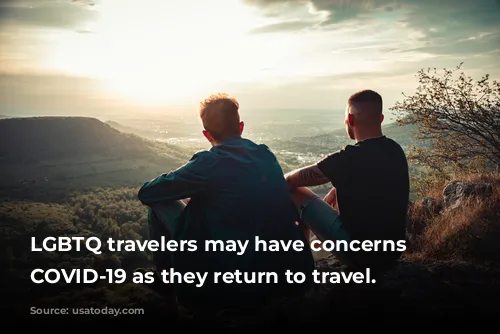
Google Before You Go: Staying Informed
Before booking your trip, search online for information about your destination and “anti-gay” sentiments. This will help you understand the local situation and make informed decisions.
Don’t be afraid to adjust your plans if necessary. For example, a Molotov cocktail attack at a gay bar in Laguna Beach, California, is a clear indicator that something is wrong. It’s important to prioritize your safety.
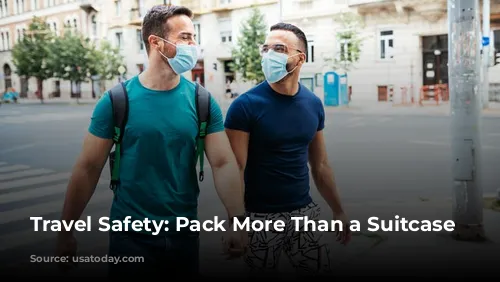
Be Respectful: Understanding Cultural Norms
Not every place is a gay cruise or a walk down Santa Monica Boulevard. Public displays of affection (PDA) can be seen as offensive in many cultures. Before you arrive, research local norms and observe how people behave.
In some Arab countries and India, it’s common for men to hold hands as a sign of friendship. This is a cultural norm, even if it might be interpreted differently in other parts of the world.
If you’re in a known gay neighborhood like Tokyo’s Shinjuku Ni-chome or Mexico City’s Zona Rosa, you can feel free to express yourself freely.
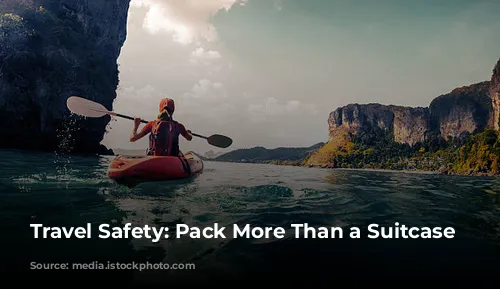
Back Up Your Data: Protecting Your Information
It’s always wise to have copies of important documents in the cloud. This includes booking confirmations, travel insurance policies, and your marriage license or partnership agreement.
Using services like iCloud, Dropbox, or Google Drive will allow you to access these documents even if you lose your phone or wallet. It’s also a good idea to encrypt your data for additional security.
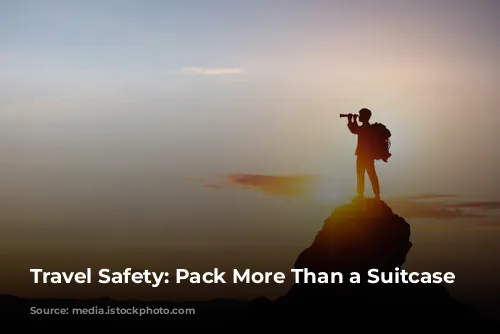
Beware of Scammers: Staying Safe Online
Dating apps and hookup sites are not immune to scams. In some countries, homophobic individuals or police use these apps to target LGBTQ+ people. They may try to entrap or blackmail you. Be extra careful when meeting people online, especially in developing countries.
If you’re meeting someone online, consider meeting them in a public place or a five-star hotel. These hotels often require visitors to leave their IDs at the front desk, which can provide some protection.
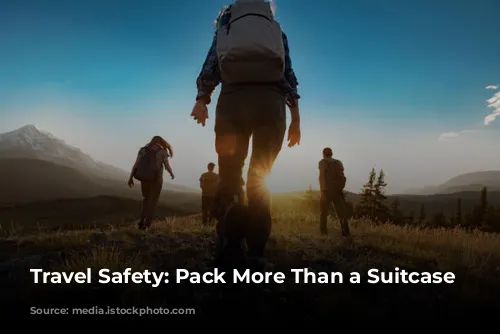
Don’t Forget Your Meds: Traveling with Medications
Never put your medications in checked luggage. This includes PrEP and other essential daily medications. If your luggage is lost, you could be left without vital medicine. Keep all your medications in your carry-on luggage.
And a final reminder: don’t bring recreational drugs. Tourists are not typically treated with leniency in cases of drug possession.
Enjoy your travels, and stay safe!
